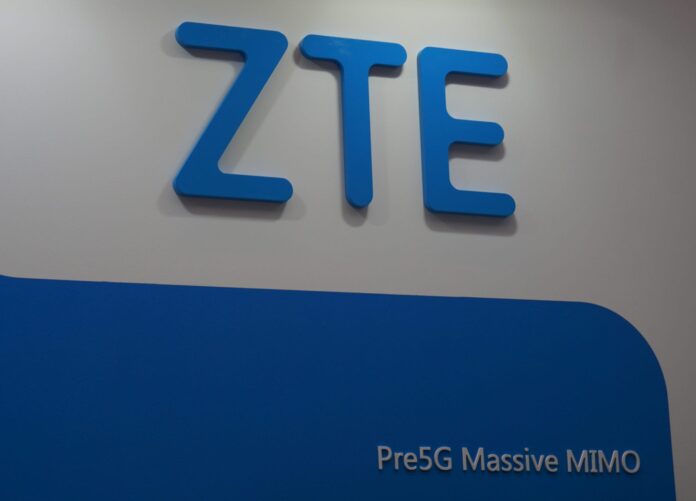ZTE said its 5G new radio (NR) gNodeB product has complied with the security requirements of Germany
Chinese vendor ZTE said its 5G New Radio (NR) gNodeB product has been approved under Germany’s Federal Office for Information Security (BSI)’s NESAS (network equipment security assurance scheme) certification program.
ZTE noted that NESAS Cybersecurity Certification Scheme – German Implementation (NESAS CCS-GI) is Germany’s national certification framework for 5G networks, which includes process audits and product testing.
“The accomplishment of this certification demonstrates to the fullest extent that ZTE’s product security governance and 5G NR product have complied with the stringent security requirements of Germany,” ZTE said in a statement.
“Moving forward, ZTE will maintain the attitude of openness and transparency, abide by the laws and regulations where business happens, and adopt and develop the best security practices in the industry,” it continued. “The company will always take the initiatives to obtain authoritative security certifications, carry out third-party independent security tests, and continue providing customers with secure and trustworthy products and services.”
In July 2022, the Federal Office for Information Security (BSI) had announced the introduction of a new certification program for components of 5G telecommunications networks. The BSI outlined that, with the new certification, manufacturers of 5G mobile communications components may have the IT security properties of their 5G products independently checked and thus comply with the certification obligation for critical components in 5G networks contained in the Telecommunications Act of 23 June 2021.
BSI President Arne Schönbohm had said that the new certification represents a decisive contribution to the security of 5G communication networks, as the same enables a fast and reliable IT security statement for the tested products, which directly benefits users and increases cybersecurity in Germany.
In November 2022, the U.S. Federal Communications Commission (FCC) announced new rules that prohibit communications and video surveillance equipment made by Chinese companies including Huawei, ZTE, Hytera, Hikvision and Dahua from being authorized for import and use by U.S. buyers.
The equipment and vendors in question were already prohibited from being used or purchased with federal funds, as well as being on a list of risky equipment maintained by the FCC that is deemed to pose “an unacceptable risk to national security.” But the prohibitions had not yet extended to the FCC’s device certification of gear which is allowed to be imported and operate in the U.S.
The agency said that the change brings the device authorization process in line with the the Secure Equipment Act, which was signed into law by the Biden administration in 2021. The Biden administration’s efforts codified and extended import restrictions on Chinese telecom gear first imposed by the Trump administration in 2019.
The new rules prohibit affected future equipment from the banned vendors from being authorized through the FCC’s certification process, the agency explained. The rules make clear “that such equipment cannot be authorized … or be imported or marketed under rules that allow exemption from an equipment authorization,” said the FCC.

